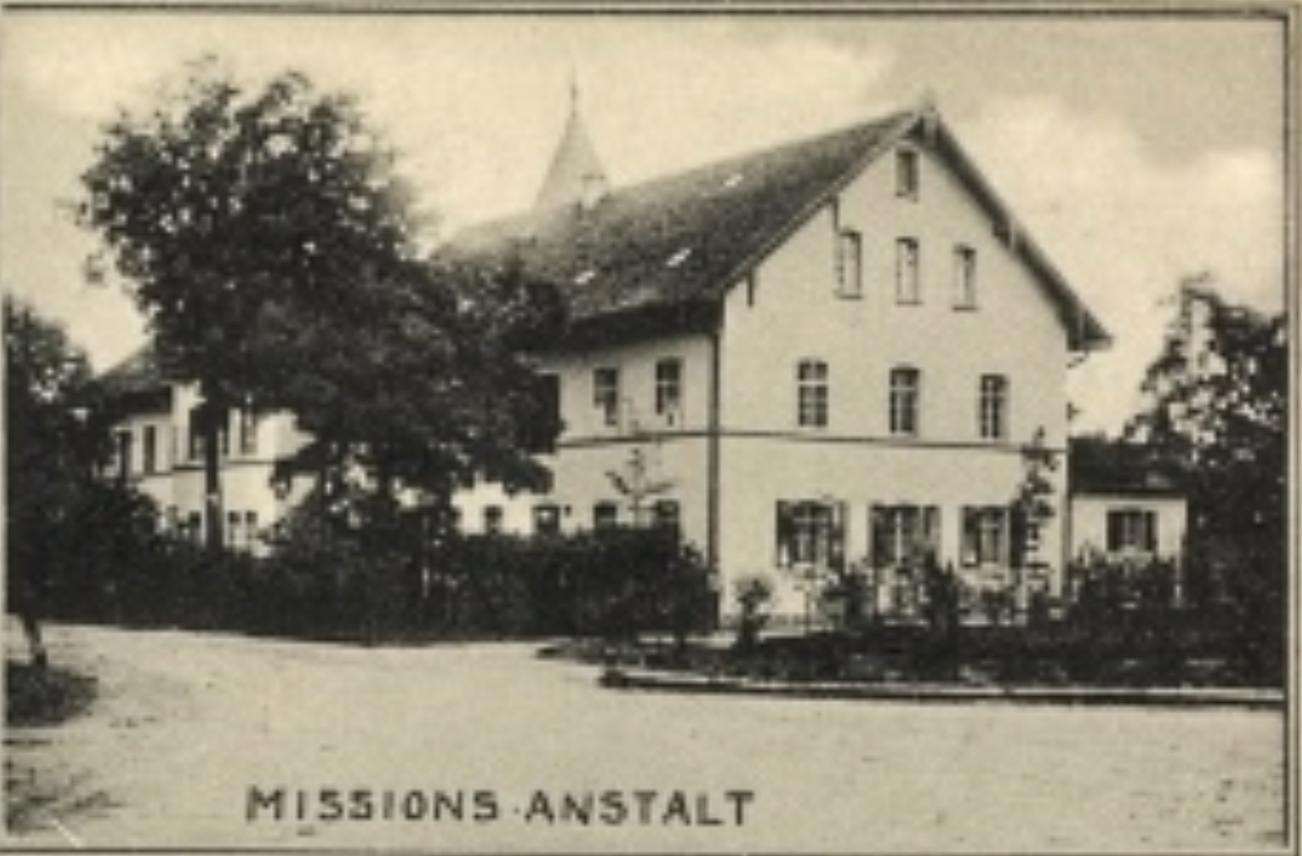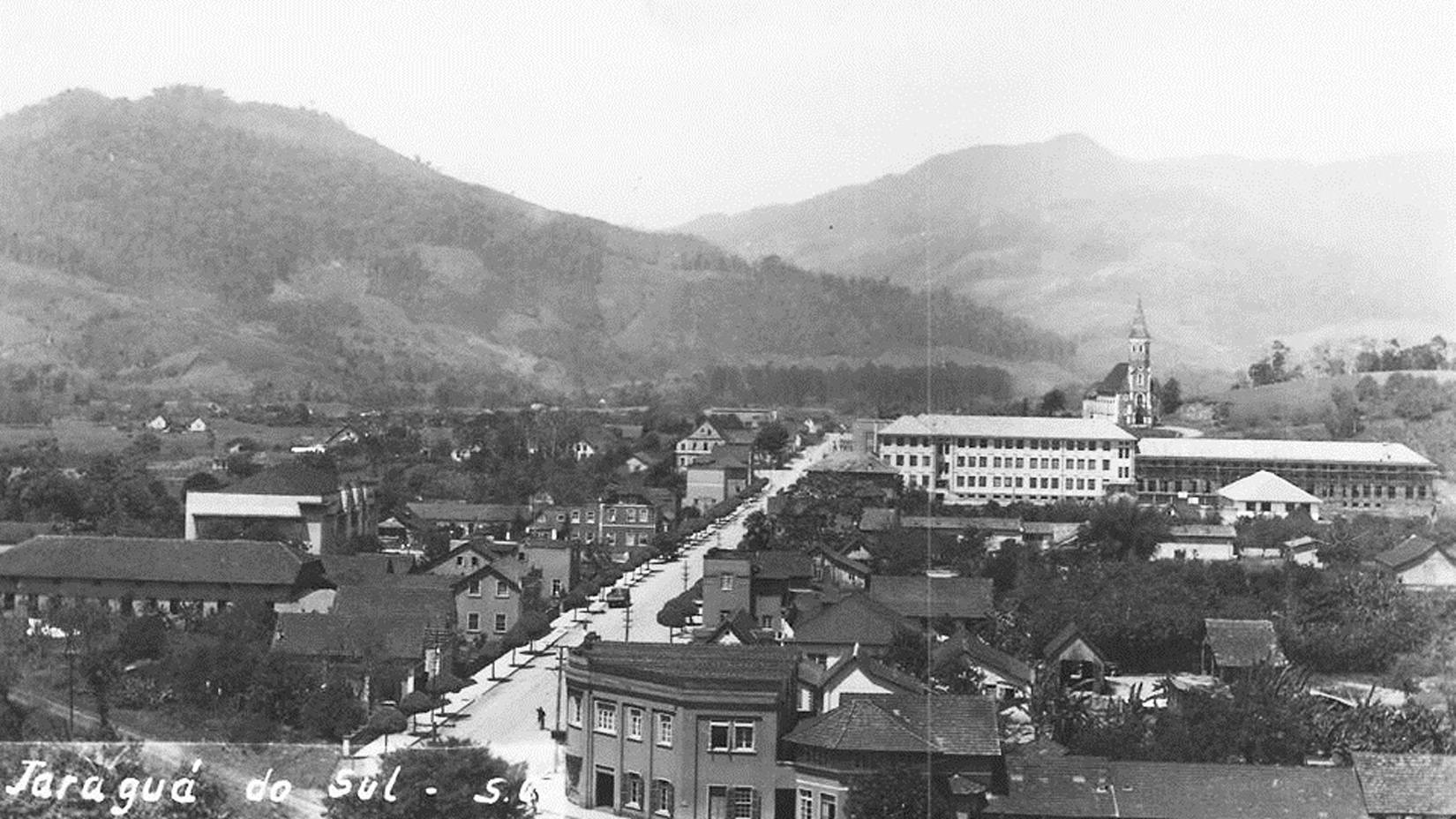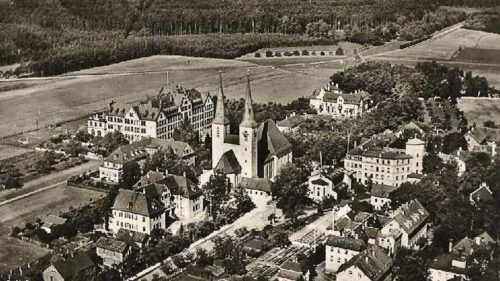…because almost all of the German pastors we knew in Brazil were from Bavaria or Franconia, respectively. These pastors, who baptized and confirmed us, did not only bring the word, the sermon, the doctrine, but they also brought their way of life – language, culture – to Brazil. This has marked us.
Excerpt from the inaugural speech of Rubens Horst in 1990 in Bayreuth
In the 50s, the Lutheran pastor Karl Gehring, who was ‘equipped’ in Neuendettelsau, arrives in Jaraguá do Sul, the hometown of Rubens Horst.1 He becomes his German-Lutheran mentor, guides him and shows him how protecting Germanity lies in the nature of Lutheranism.

Gehring’s teachers in the mission institution of Neuendettelsau have maintained the same Lutheran-nationalistic attitude they had before the war. Lutherans, ethnic Germans, staunch National Socialists who declare themselves as ”followers” and ignorants overnight.
Now they put on the patent leather shoe
over the Nazi boot.
Now they wear the preaching gown
over the swastika which they carry in their hearts.
Rubens Horst begins his studies at the pre-theological institute in 1961 and switches to the theological seminary in São Leopoldo three years later.2 The majority of his professors are from Germany, some of them were already pastors during the Third Reich. The German-Lutheran worldview of Rubens Horst consolidates: Luther and Germanity are the measure of all things.
In 1967, he comes to the “Friedenskirche” in the district Santo Amaro in São Paulo where he meets 16-year old Carin Wunderlich. The Luteranos get married three years later3 and fight the battle of their fathers together from now on…
1 Luteranos Joinville, Nov/Dec 2016; Roser, Hans/Keller, Rudolf: Ich bin bereit. Lutherische Pfarrer in Brasilien 1897-1997, p. 149
2 Luteranos Joinville, Nov/Dec 2016
3 ibid.
Picture credits:
Cover Picture: Postcard of Jaraguá do Sul around 1940
Postcard of the mission institution in Neuendettelsau


